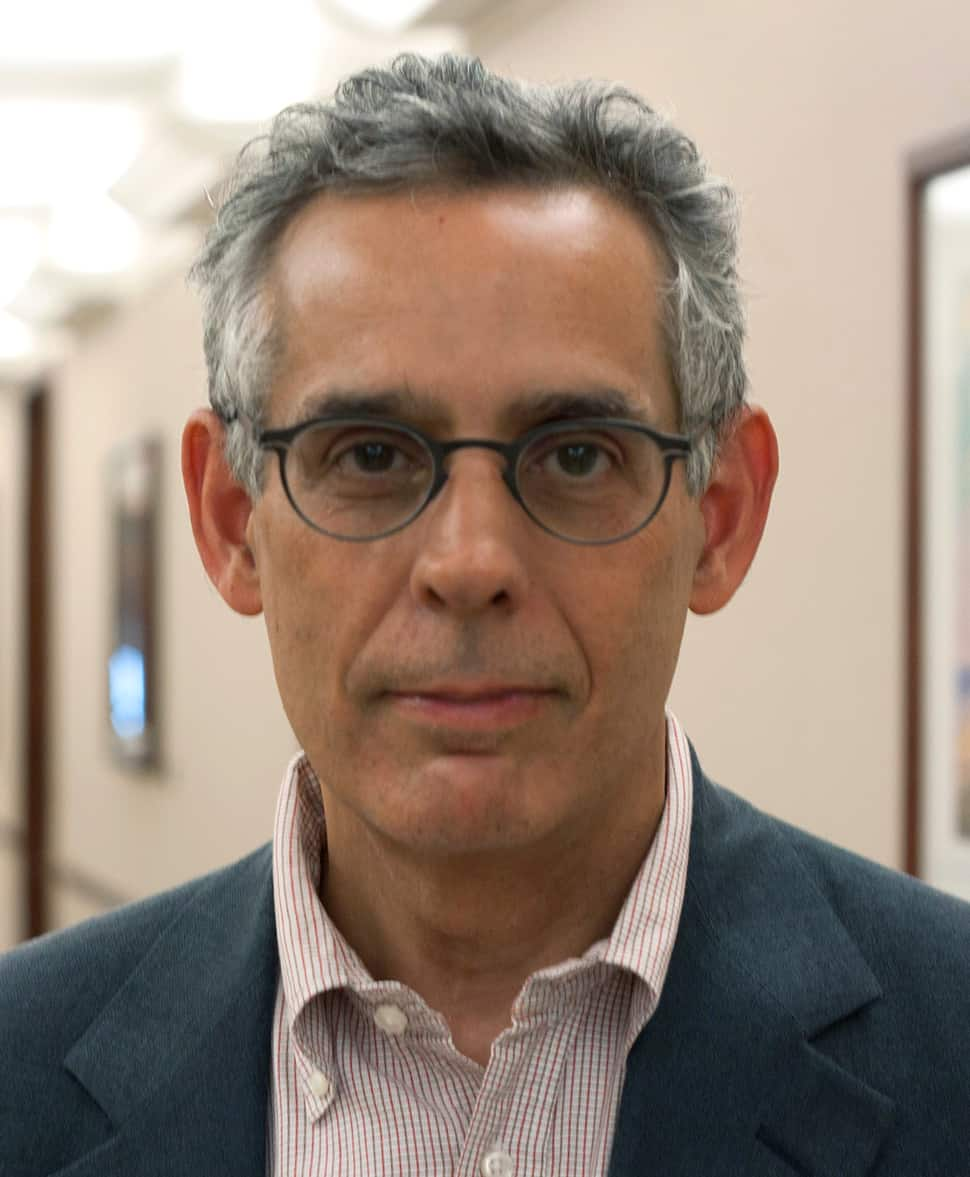PhD
Distinguished Professor, Center for Integrative Chemical Biology and Drug Discovery
Professor, UNC Department of Chemistry
Eshelman School of Pharmacy
UNC-Chapel Hill
Molecular Therapeutics
Area of Interest
The Aubé Laboratory pursues an agenda that mixes innovation in basic chemistry (methodology, total synthesis, and physical organic chemistry) with a commitment to chemical biology and drug discovery.
Our interests in organic chemistry encompass organic synthesis methodology with a dash of natural product total synthesis, especially focusing on alkaloids. One of our signature accomplishments was the discovery of the intramolecular Schmidt reaction of alkyl azides, which has proved of enduring practical utility and evolving theoretical interest. We have devised variations of the process, including intermolecular versions of simple alkyl, “in situ tethering” of hydroxyalkyl azides, an asymmetric version, and domino variations.
We also leverage our interest in making functional molecules to inform projects in chemical biology and medicinal chemistry, often in close collaboration with leading scientists with complementary expertise. Since many programs in modern drug discovery begin with screening, we have sought to design and construct small molecule libraries that provide alternatives to store-bought compound collections. Specific interests in this area include natural-product inspired libraries, collections that optimize stereochemical diversity in drug-like molecules, and new approaches to providing fragments for screening approaches informed by structural biology.
Awards and Honors
- Volwiler Research Achievement Award, American Association of Colleges of Pharmacy, 2023
- Edward Leete Award, Division of Organic Chemistry, American Chemical Society, 2017
- Midwest Award, St. Louis Section of the American Chemical Society, 2012
- ACS Fellow, American Chemical Society, 2012
- Arthur C. Cope Scholar, American Chemical Society, 2012
- Fellow, American Association for the Advancement of Science, 2004

